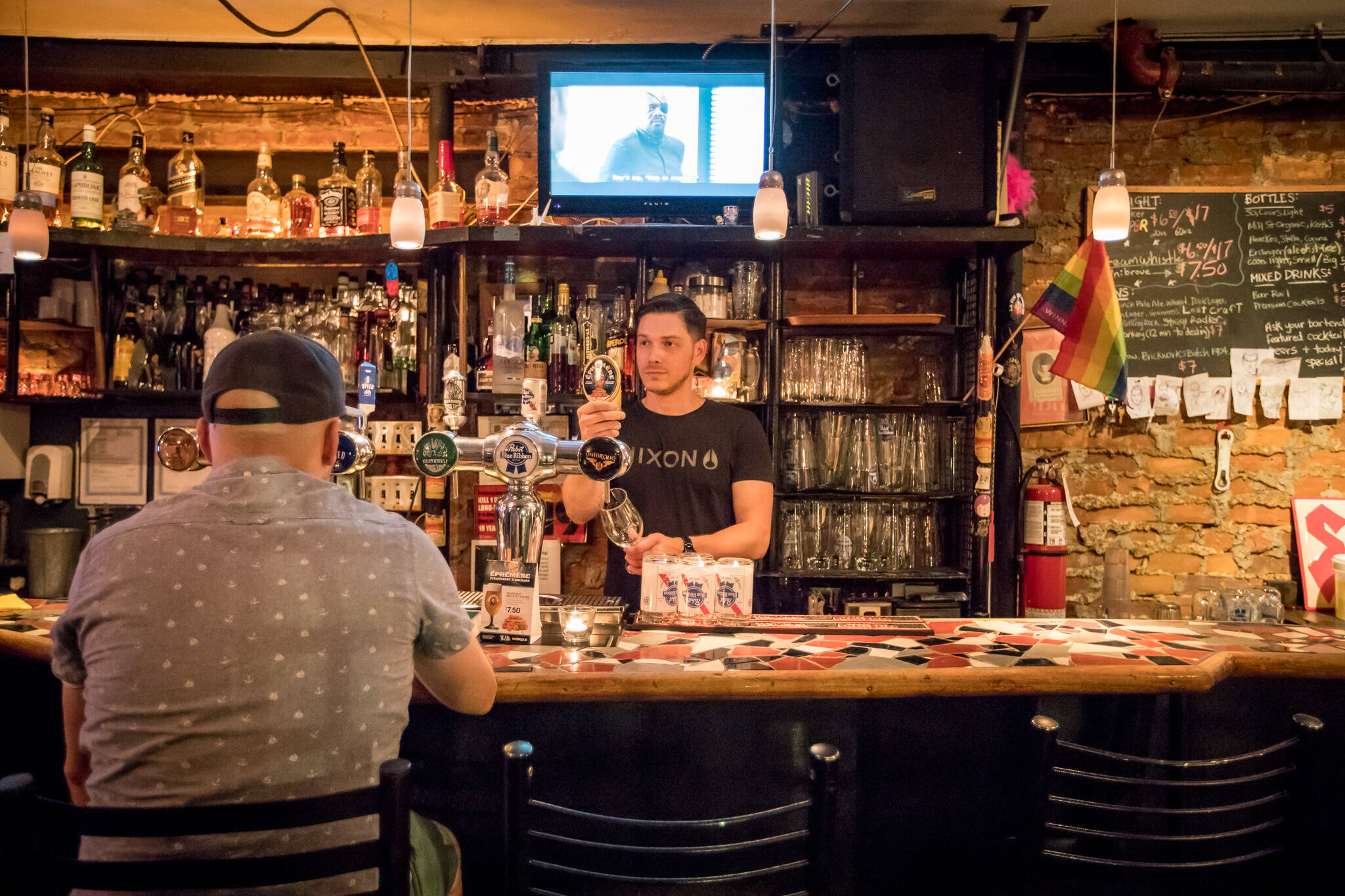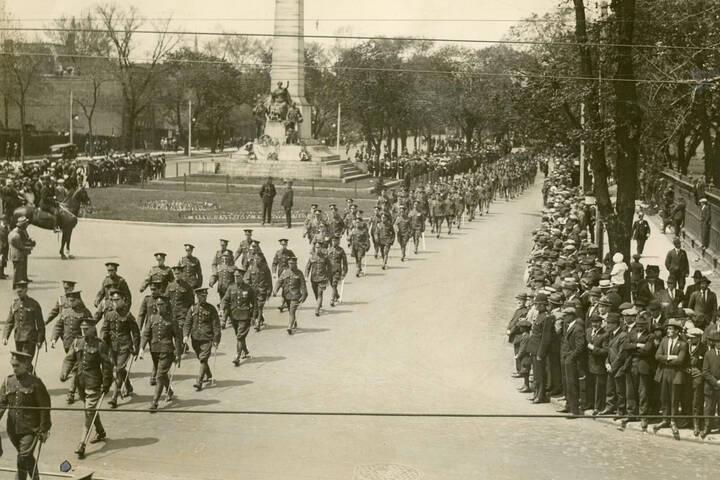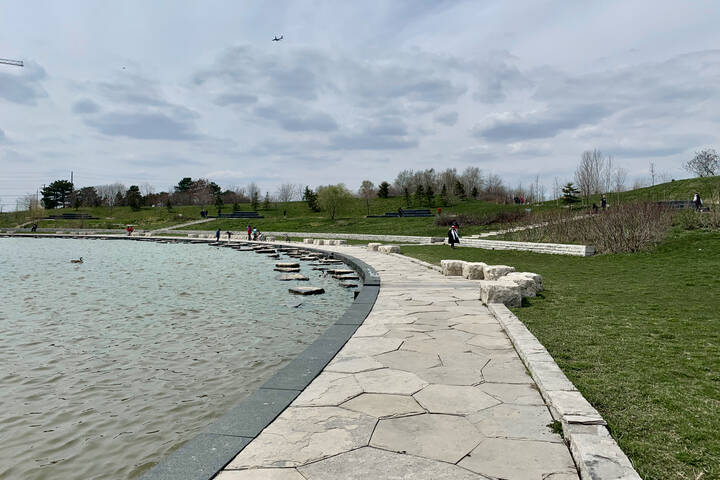
Police can now breathalyze Canadians at home and in bars
Civil rights lawyers are crying foul this week over new rules that give police in Canada the power not only to test your breath for alcohol without reasonable cause while you're driving, but to do it in homes, bars, restaurants, stores or anywhere else you may have been within two hours of operating a vehicle.
I'm dead serious. Under the Canadian government's newly-implemented stricter impaired driving rules, cops could theoretically come to your house and demand that you take a breathalyzer test on the spot.
It doesn't matter if you cracked a bottle of wine after you got home; blowing over the legal limit within 120 minutes of being spotted in a car could lead to thousands of dollars in fines (if not a night in jail).
And if you refuse to take the test? You could be arrested, charged with a criminal offence, have your license suspended and still have to pay the mandatory minimum $2,000 fine, either way.
Canada 2019:
— Andrew Donovan (@ap_donovan) January 10, 2019
A police officer can show up at your home or in a public space and legally demand a breath test from you.
The onus is on YOU to prove you weren't over the limit when you drove yourself to wherever you are.
Glorious & free. #cdnpolihttps://t.co/0PpbJNOQrd
It's all part of federal Bill C-46, which saw fines and mandatory minimum prison sentences shoot up across the country last month in an effort to curb impaired driving, which has been found to kill about four people per day in Canada on average.
Other changes to the Criminal Code under this bill include giving police sweeping powers to get breath samples from anyone who might be driving impaired, regardless of whether or not there's evidence to suggest that they are.
"These new regulations are an egregious abuse of power and infringe upon our rights and freedoms" wrote Toronto activist Sarah Beech on Twitter this week in response to news of a Mississauga man getting breathalyzed at the Beer Store while returning empties.
"This is terrifying, absolutely ridiculous, and only the beginning of the issues stemming from Bill C46," wrote Canadian criminal defence lawyer Brooke Johnson of the same story.
This is the start of getting Canadians use to a military style police. They can come to your house two hrs after you’ve gotten out of your car, gone into your home cracked a couple of beers to watch the hockey game and ask you for a breath test. #ThisIsNotNormal.
— Alessandra🇨🇦🇮🇹 (@AlessandraDelV4) January 10, 2019
Toronto-based lawyer Michael Engel said in an interview with Global News this week that the new police powers represent "a serious erosion of civil liberties."
Someone could be unjustly targeted, he says, by a disgruntled coworker or family member who calls the police with a fake complaint of wonky driving.
"Husbands or wives in the course of separations would drop the dime on their partner," he said to Global, noting that a person would have no recourse should an officer come to their home and demand a breath sample.
Put more simply by Dan Fielding: "If you want to intimidate or harass someone, it is now possible to get the police to go to their home and breath test them by claiming you saw them driving oddly."
So if you’re neighbour hates you and sees you come home after work or from an evening out and they call the police you have to comply with the demand for a breath test even two hours after your home! But you already had 3 drinks before they arrive! You Fail
— Geoff Buxcey (@geoff_buxcey) January 9, 2019
Concerns about how these powers could be abused aside, the new stricter DUI laws are actually being seen by many as a step in the right direction.
"Research suggests that up to 50 per cent of drivers with a blood alcohol concentration above the legal limit are not detected at roadside checkpoints," said Sgt. Brett Moore of the Toronto Police Service in a news release when the new rules were coming into effect.
"Mandatory alcohol screening will assist in deterring individuals impaired by alcohol from driving as well as better detect those who do."
You can check out Canada's new, harsher penalties for driving while under the influence on the Department of Justice's website now—and probably should, if you smoke weed at all. The new DUI rules also apply to how much THC someone can have in their system within two hours of getting behind the wheel (spoiler: it's not very much).
Jesse Milns
Latest Videos
Latest Videos
Join the conversation Load comments







